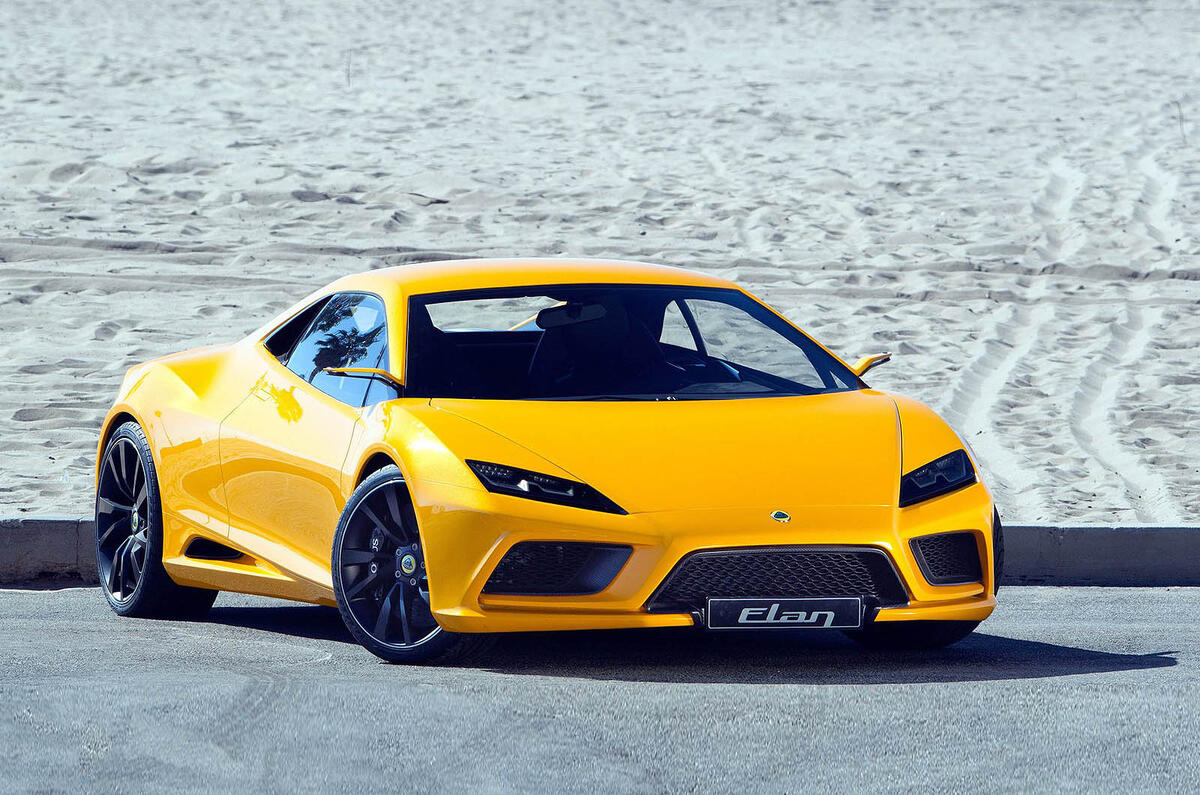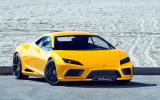Lotus will develop its own range of V6 and V8 engines after it decided to delay production of the new Elan. Boss Dany Bahar said the mid-engined 450bhp V6 model was “too close” to the new Esprit and the four-seater would not appear until towards the end of its five-year plan.
Funds from the Lotus Elan’s development will now be used for the new modular engine family, which could potentially also include an in-line four.
“This is a big [financial] hit because it’s expensive to do an engine,’ says Bahar. “But because the Elan is not happening now we have got capital expenditure headroom for engine development.”
See the pics of the Lotus Elan concept
Work on the new engines began late last year, as revealed by Autocar, and the first prototype V8 “will fire up in July”. Insiders say it will develop around 550-570bhp. Lotus engineers are targeting Ferrari’s V8 .
The firm plans to derive a four-pot from the new V8, but if this does not work then it will use a Toyota engine again.
Lotus’s decision to develop its own range of engines stemmed from a 10,000-response-strong internet survey carried out after it revealed six concept cars at the Paris motor show last autumn. The replies suggested that Lotus should develop its own engines rather than continue using Toyota motors.
Full story - Lotus 'could be sold'
Another big issue raised by the survey was whether the company really needed a four-door model: the Eterne. But Bahar points out that the modular component concept behind the range means that in effect, the Eterne is a four-door version of the front-engined Elite, and so will involve relatively little additional investment.
That modularity is also the key to the affordability of Lotus’s product plan. The new Lotus range is based on an all-new aluminium platform that will be spectacularly light, some 100kg under the svelte 235kg of the current Evora’s aluminium tub. All the models have over 50 per cent component commonality, and in the case of the Elite and Eterne, it’s over 75 per cent.
Richard Bremner














Add your comment